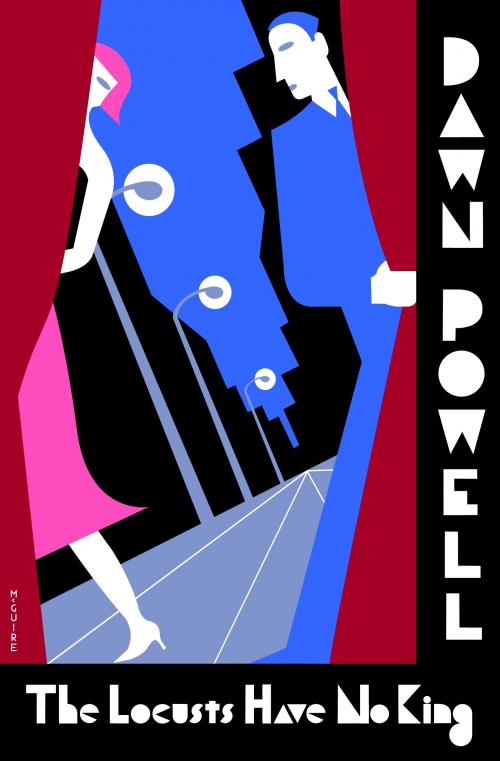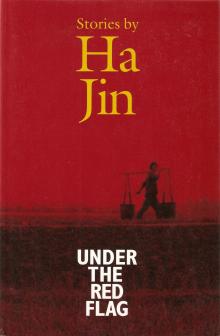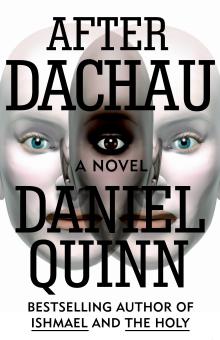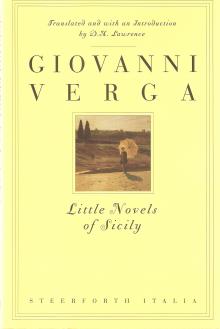Praise
The 1948 tale of a scholar's roller-coaster affair with a married society type is an anguished love story, a reversal-of-fortune parable, and a blistering satire that rings true today—cynical columnists, silly socialites, sinister nighthawks, all in one gorgeous Deco package." —Borish Kachka, Bloomberg Businessweek
Dawn Powell once wrote that although her writing might occasionally concern itself with serious matters, there was never any need to get heavy-handed about it. The Locusts Have no King, first published in 1948, is a stellar example of this quasi-manifesto. Like all of Powell's novels, it glides, fast but deep, from the first sentence to the last, written with impeccable finesse and a flawless ear, never grinding its wheels or getting lost in egotistical undergrowth. For all its sweetness and light, Locusts is an intelligent, hard-headed, clear-eyed, examination of art, love, ruthlessness, infidelity, commerce, ambition, betrayal, and destruction. It is, in short, a quintessential New York novel. . . . The whole novel still rings as true now as it must have more than half a century ago." — Kate Christensen, author of The Epicure's Lament and other novels in Barnes & Noble Review.
The Locusts Have No King is one of Powell’s finest novels and better than anything currently on the bestseller lists.” — Library Journal (Classic Returns column)
The combination of a waspish sense of satire with a human sense of pathos results in a novel that is highly entertaining and curiously touching." -- The New York Times





